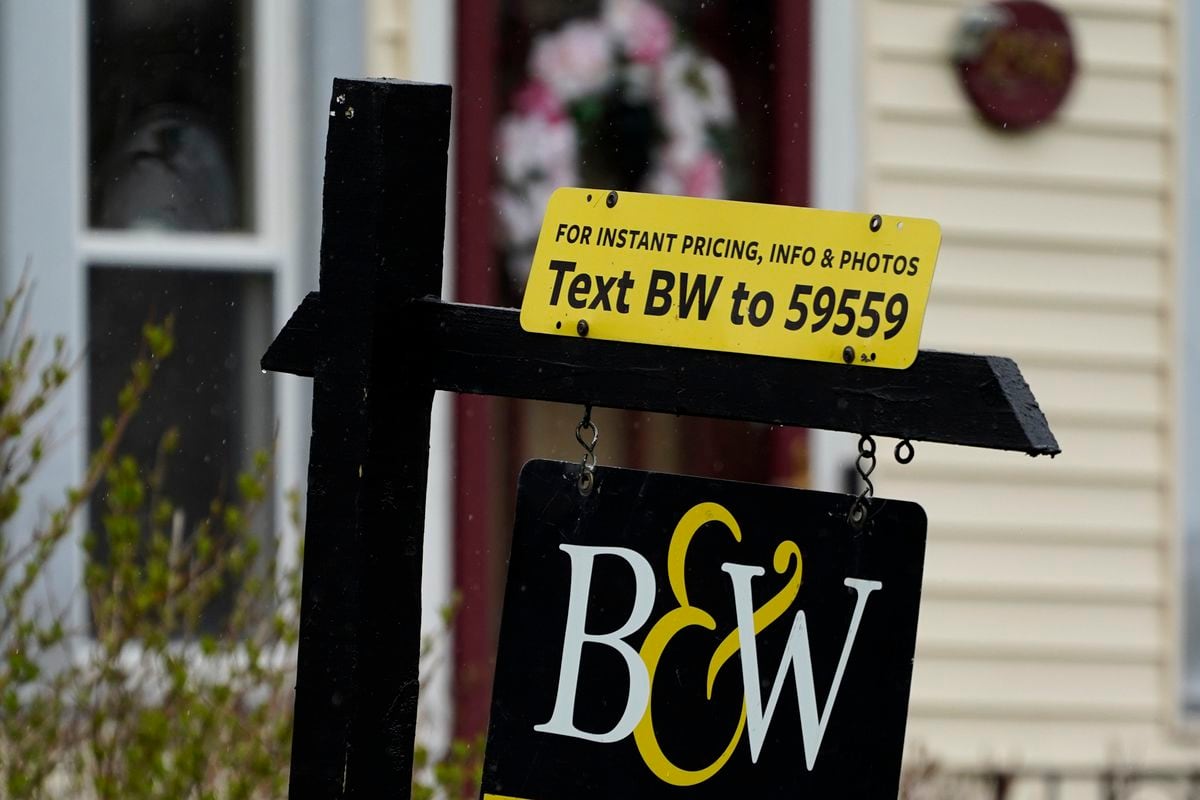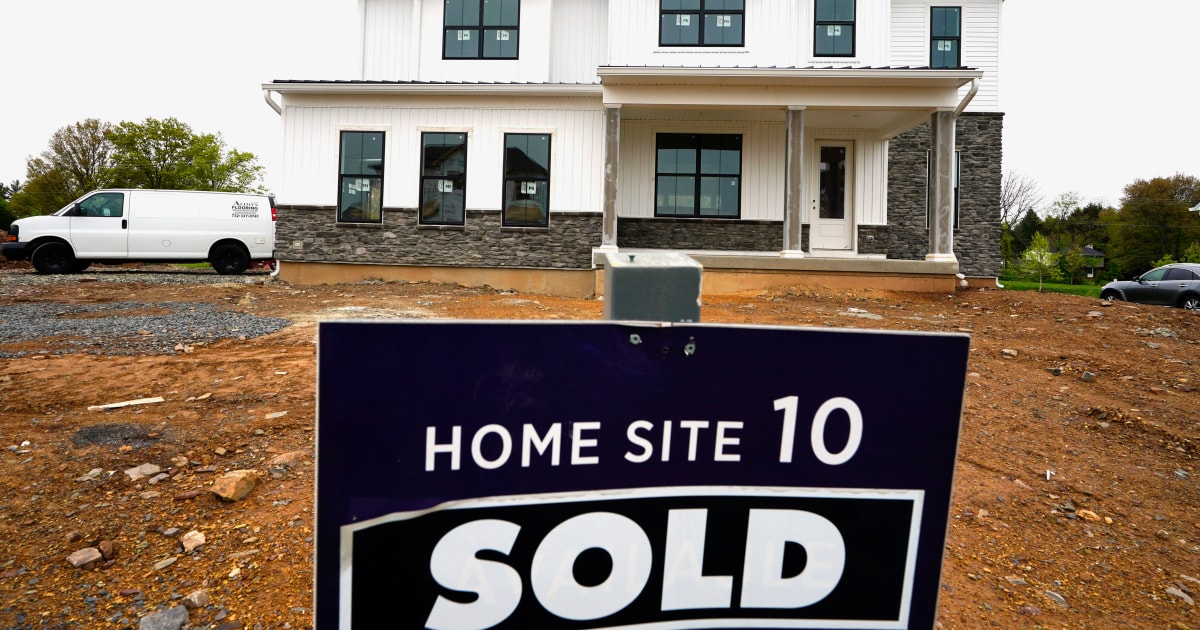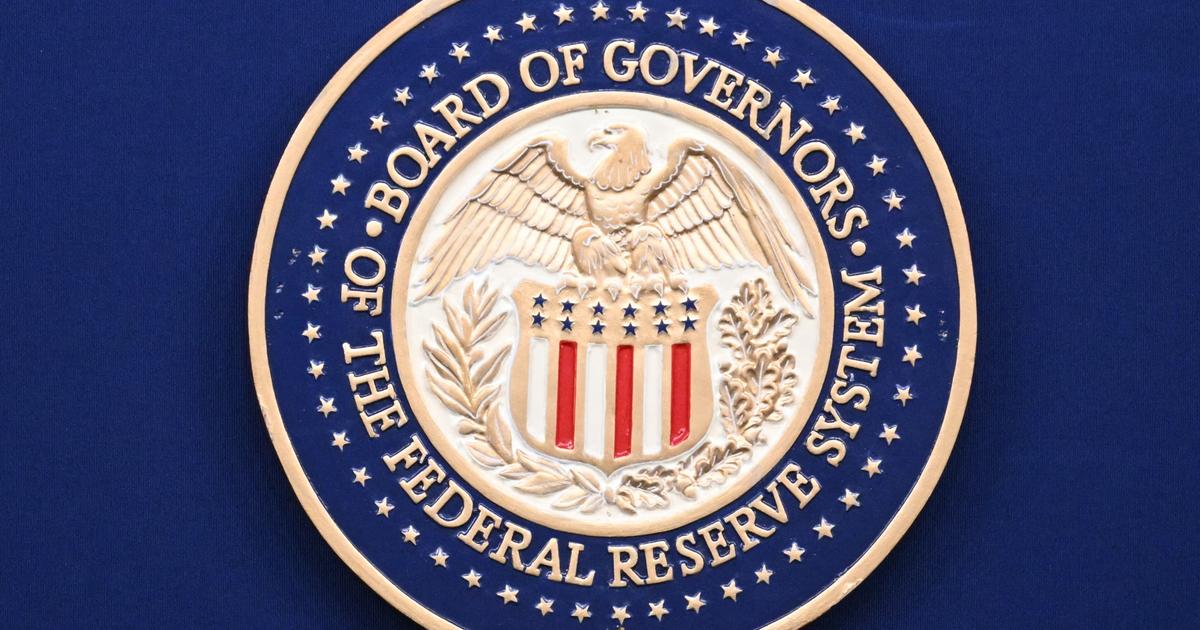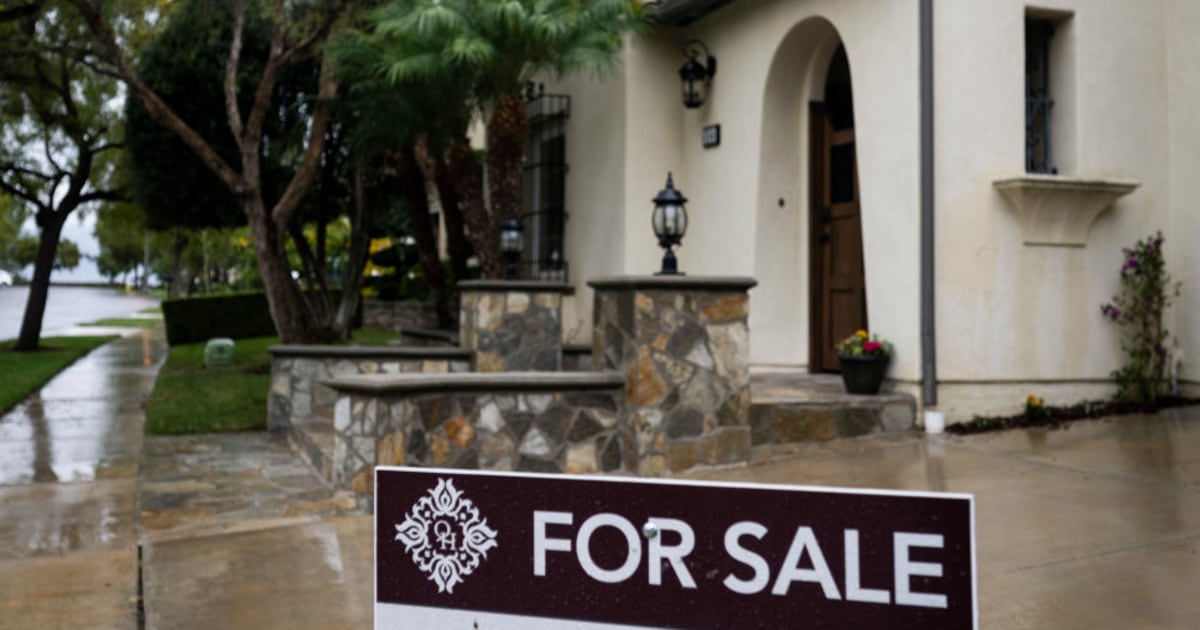Mortgage interest rates are skyrocketing in the United States.
According to financial giant Freddie Mac and the Mortgage Bankers Association, they are above 6% for the first time since the 2008 financial crisis, which was accompanied by the bursting of a housing bubble built on junk mortgages and other toxic financial products.
The inflation figure for August, worse than expected, has caused this increase in mortgage rates, which are ahead of the official rates set by the Federal Reserve and which are in a range of 2.25% to 2.50 %.
In the past year, mortgage rates on 30-year loans have more than doubled, cooling the housing market somewhat.
“Although rising rates will continue to curb demand and put downward pressure on home prices, the inventory [of homes for sale] remains insufficient.
This indicates that while house price declines are likely to continue, they should not be large,” according to Freddie Mac, who puts those rates at 6.02%.
In the United States, fixed-rate mortgages predominate.
Freddie Mac notes that 30-year rates have risen from 5.89% to 6.02% in a week and from 2.86% a year ago.
15-year mortgages have gone from 2.12% to 5.21% in one year.
And loans for five years or less have jumped from 2.51% to 4.93% in 12 months.
Those very high interest rates discount further tightening of monetary policy by the Federal Reserve to fight inflation, which remains near the highest levels of the last 40 years.
The next monetary policy meeting of the central bank will be on Wednesday, September 21.
Investors are taking at least the third consecutive rate hike of 0.75 points for granted and some fear the increase could be even higher, by one point in one go.
The Fed hasn't hiked rates 0.75 points in almost 30 years and hasn't raised them a point since 1981, with Paul Volcker as chairman.
The forecast of rate increases has already been transferred to long-term fixed-rate loans, such as mortgages, which is having an impact on the real estate market.
“Rising mortgage interest rates have reduced refinancing activity by more than 80% from last year and helped keep more homebuyers on the sidelines,” according to Joel Kan, head of analysis and forecasts of the Association of Mortgage Bankers.
Many home buyers took advantage of the drop in official interest rates to levels close to zero during the pandemic to refinance their mortgages on better terms.
In part, the Federal Reserve is accomplishing its purpose of indirectly cooling the economy.
The rise in mortgage rates does at least avert the risk of a new housing bubble forming in a market that was very hot due to the lack of supply and low unemployment rates.
So far, the difficult monetary conditions have been more noticeable in a drop in activity than in prices.
The increase in the cost of loans is also encouraging families to opt more for rent than for purchase.
In any case, by subtracting disposable income from families, it cools demand and thus removes gasoline from the fire of inflation.
Subscribe here to the EL PAÍS América
newsletter
and receive all the key information on current affairs in the region



/cloudfront-eu-central-1.images.arcpublishing.com/prisa/ULLVQMZJ3B5Q65JVZ3L32DED7I.jpg)

/cloudfront-eu-central-1.images.arcpublishing.com/prisa/VBVLA4RLPJBHZEVSYQCSXI5CX4.jpg)



